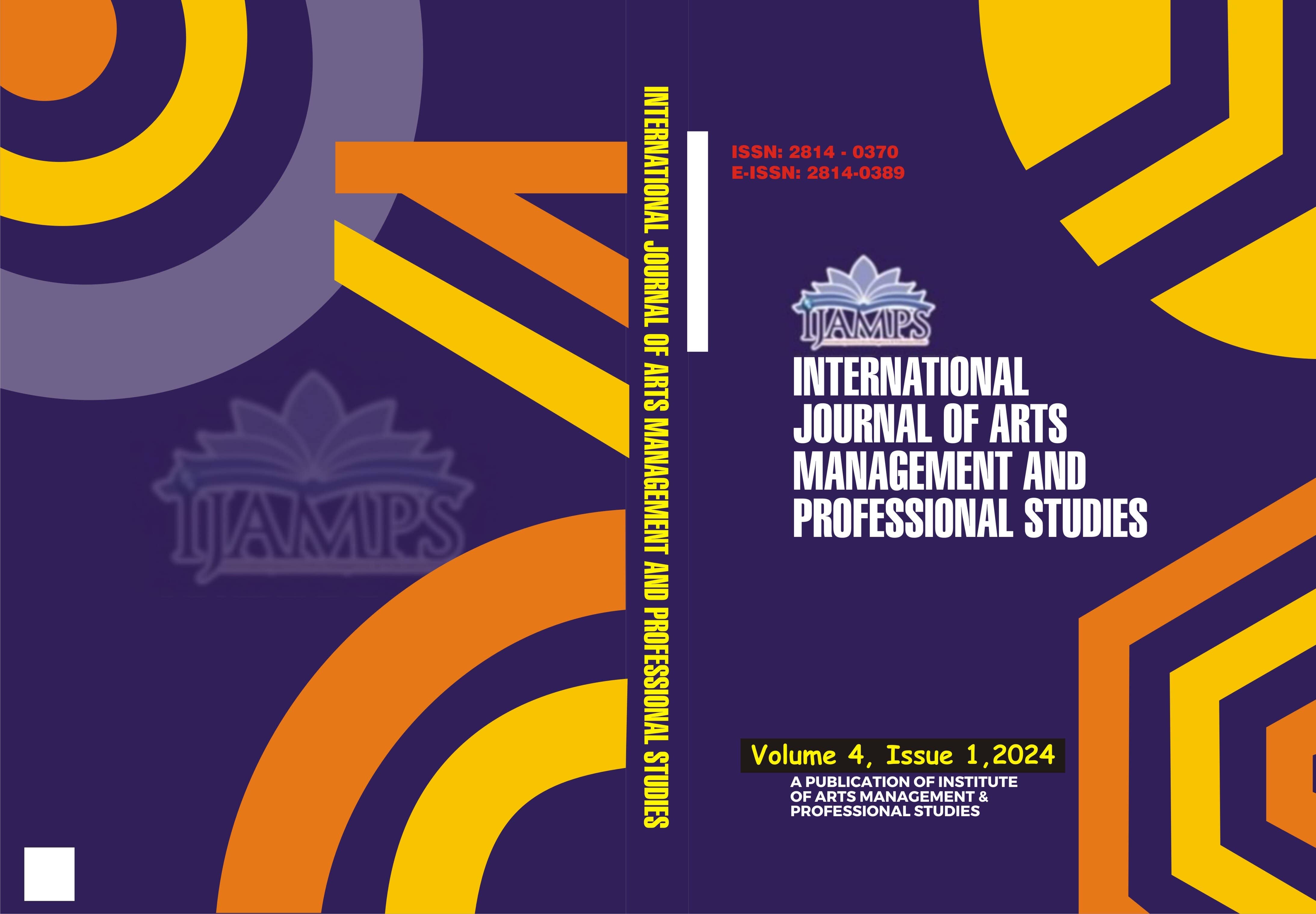
Reflections On Nigeria's Development Journey: How Past Challenges Echo Today
Prof. Eze Chidi Nwauba Department Of Public Administration, I-FATOSS University, Republic Of Benin E-mail: Profnwauba@iamps.edu.ng Vc@ifatossuniversity,.edu.bj +2349124673109 +22956994131
Volume 4, Issue 1, April 2024
This paper reflected on Nigeria's development journey, drawing parallels between past challenges and current realities. Despite numerous national development plans and visions since independence, Nigeria has continued to grapple with achieving sustainable progress and prosperity. The failure of these strategies could be attributed to discontinuity between administrations, overly ambitious targets without clear roadmaps, weak institutional capacity, and inadequate funding. Moreover, issues such as corruption, social-economic inequality, and poor infrastructure persisted, hindering effective implementation. The analysis focused on the First National Development Plan (1962-1968), highlighting its achievements, shortcomings, and relevance to present-day challenges. Despite its emphasis on diversification, infrastructure development, and governance improvement, the plan faced implementation hurdles and urban bias, mirroring current issues. The paper underscored the importance of learning from past experiences to address entrenched structural problems and foster inclusive, sustainable development. By enhancing accountability, diversifying the economy, prioritizing social welfare, and improving implementation strategies, Nigeria could overcome historical challenges and realize its development aspirations.